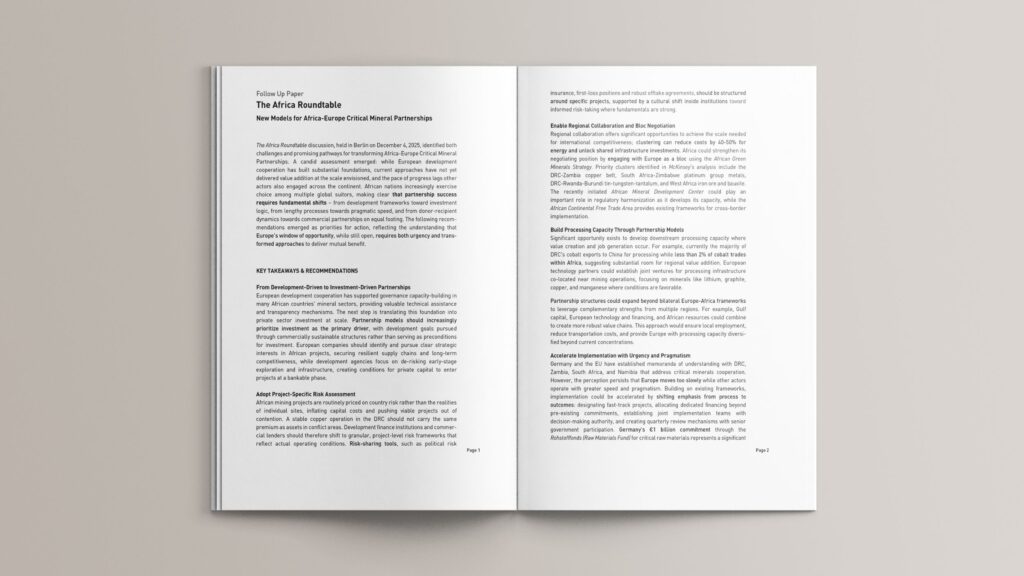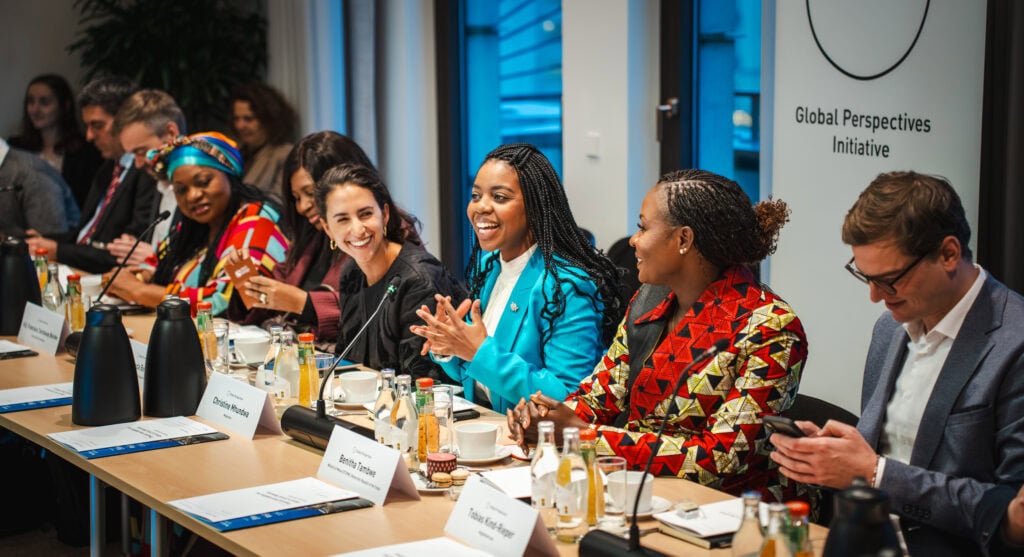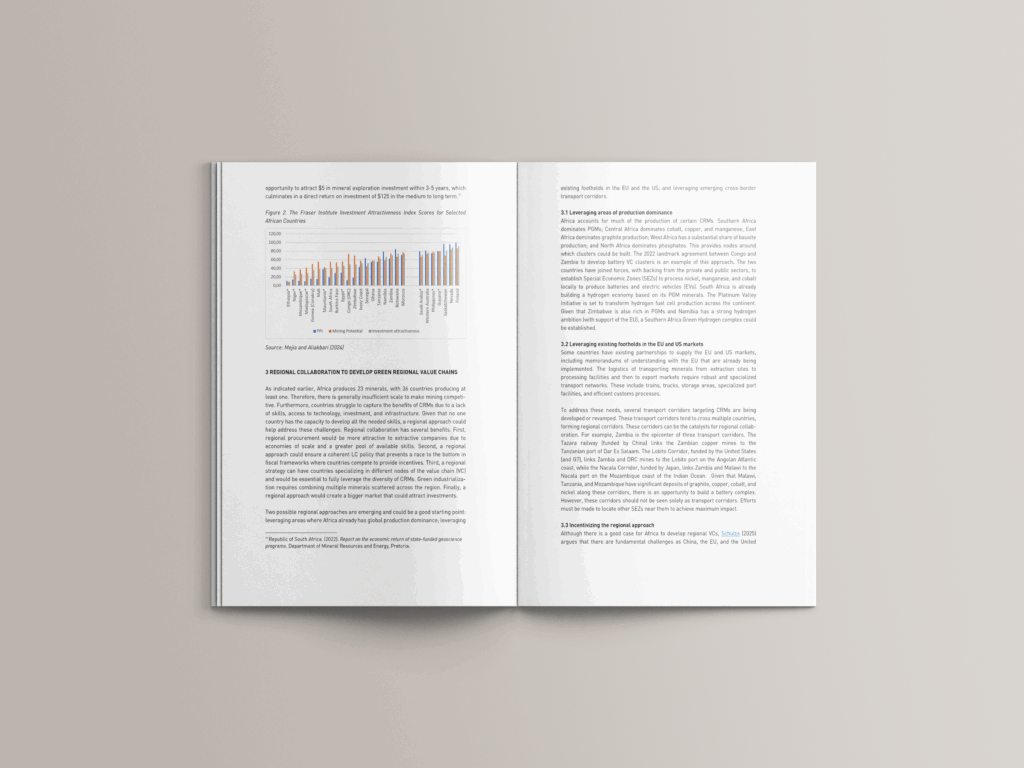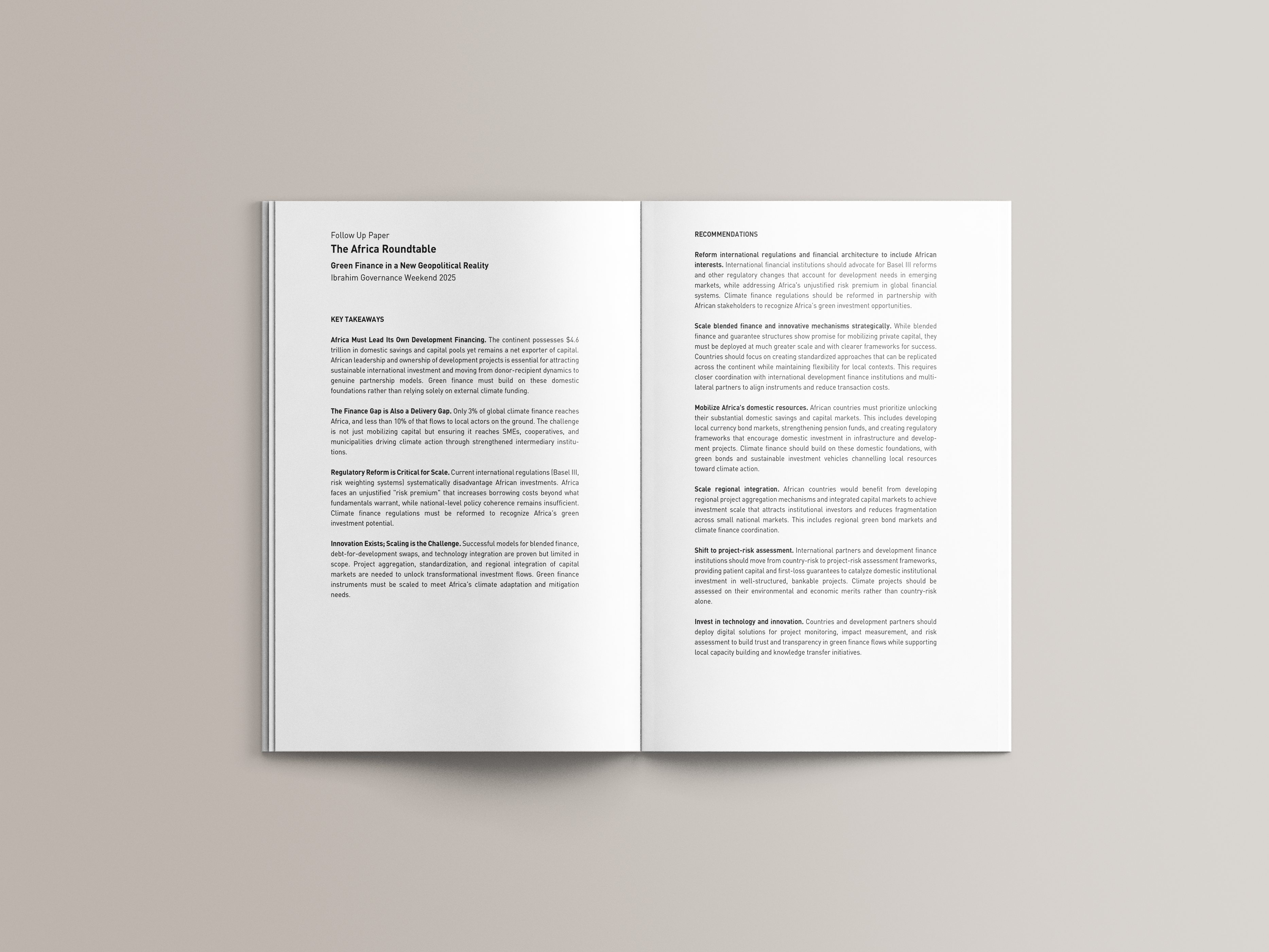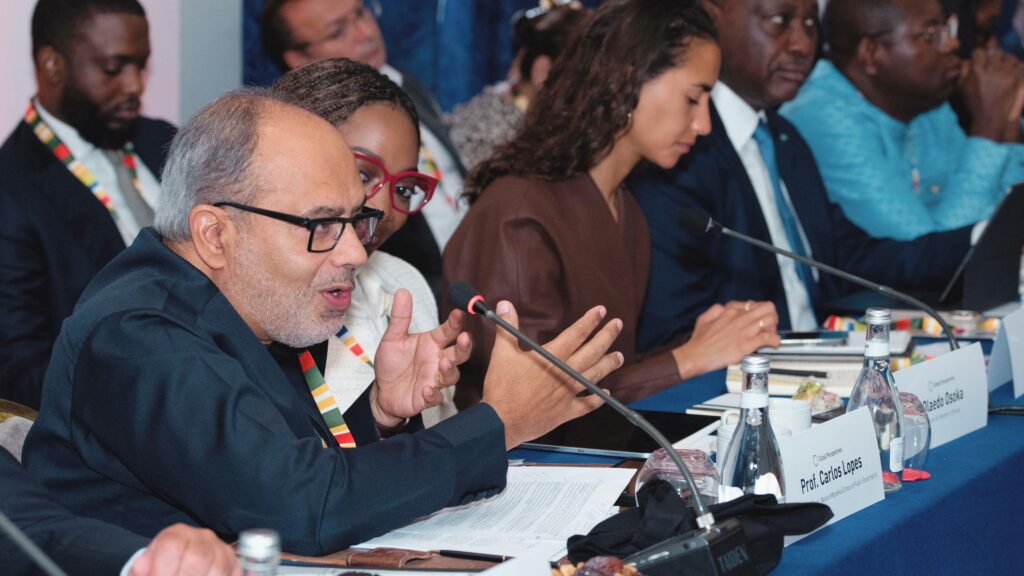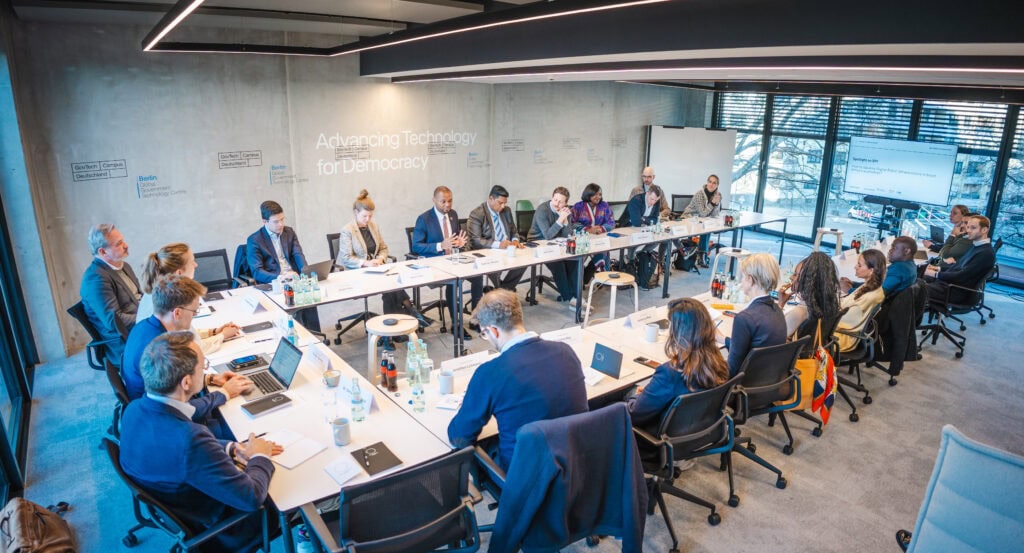Publications
How Technical and Vocational Education Can Help Close Skills Gaps in Africa
Research Paper

Issued on the occasion of The Africa Roundtable “The Path to Success: Education, Skills, and Leadership,” November 2023, Berlin
Publications: How Technical and Vocational Education Can Help Close Skills Gaps in Africa
November 16, 2023
One-fifth of the global population under the age of 25 lives in Sub-Saharan Africa, the world’s youngest region. Africa’s working-age population is expected to reach 600 million in 2030, with a youth share of 37 percent — larger than that of China. With the right education and training, coupled with well-defined national development strategies and employment policies, Africa’s large and fast-growing youth population could be a great asset for development and provide a comparative advantage in world markets. Instead, the unemployment rate across Africa is alarming, with youth unemployment (11.2 percent) almost twice as high as the adult unemployment rate (6.7 percent). This paper focusses on Technical and Vocational Education and Training (TVET) as one part of the solution. It presents best practices from Europe and Africa and gives recommendations on improving TVET on the African continent.
While progress has been made in expanding educational access across Africa, the quality and relevance of education often remain insufficient to prepare the youth for the job market. This disconnect between the curriculum and educational resources and labor market demands has led to major skills mismatches. There is an oversupply of graduates specializing in fields not in high demand by employers and industries.
Skills Gap Causes
Limited access to quality education
Education systems offer inadequate access to materials, limited internet connectivity, substandard course content, and inconsistent policy implementation. Additionally, school programs tend to focus heavily on examinations rather than practical skills, neglecting important soft skills valued by employers.
Weak public / private interfaces
Industry players are not involved in the development of curricula to advise on the skillsets demanded by the industry to drive economic growth.
Weak teacher training systems
Outdated or substandard curricula and assessment methods in teacher training institutions present challenges in preparing young people for the labor market.
Inadequate career guidance for young people
Poor implementation and a lack of coordination in African schools limit the impact of effective career guidance young people.
Contact Persons
Stephanie Igunbor, s.igunbor@globalperspectives.org
Supported by
Publications
Our collaborative publications aim to stimulate questioning and discussion. They are the result of a deep engagement with the focus topics of our work and enable a fact-based dialogue.
Program Archive
Africa’s critical minerals are essential to Europe’s future, playing a significant role in the green transition and industrial competitiveness. The Follow-Up to the 9th edition of the Roundtable.
In the ninth edition of the Africa Roundtable, we discussed how Europe and Africa build partnerships that turn Africa's raw material wealth into local value creation.
This paper explores how Africa can add value to its critical minerals, boost local processing, and drive green industrialization while strengthening regional and global supply chains.
We discussed with State Secretary Niels Annen how development policy can be integrated into networked foreign, security, and economic policies.
US tariffs changes are causing new uncertainties in global trade. Together with ONE and Pinelopi K. Goldberg, we discussed how international development policy needs to be realigned.
As traditional trade relations shift, strengthening local value chains, enhancing trade agreements, and mobilizing private capital are key to building more resilient and mutually beneficial economies.
Our speaker James Irungu Mwangi shared his perspective on how to accelerate climate action and investment across Africa. Together, we discussed what it will take to mobilize the green finance needed.
Germany is a country of immigration. Building on our Commission's recommendations for action, we discussed ways to better manage and communicate labor migration.
Europe and Africa have the chance to advance technology and shape the future of the global space economy together through cooperation.
